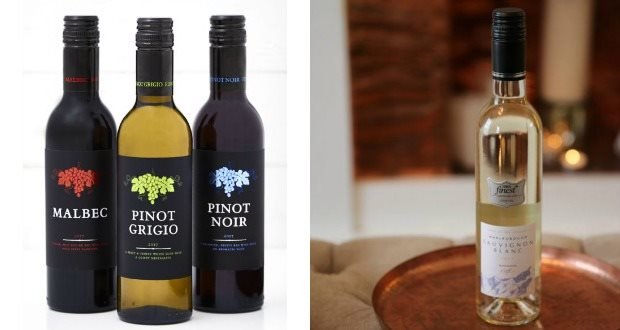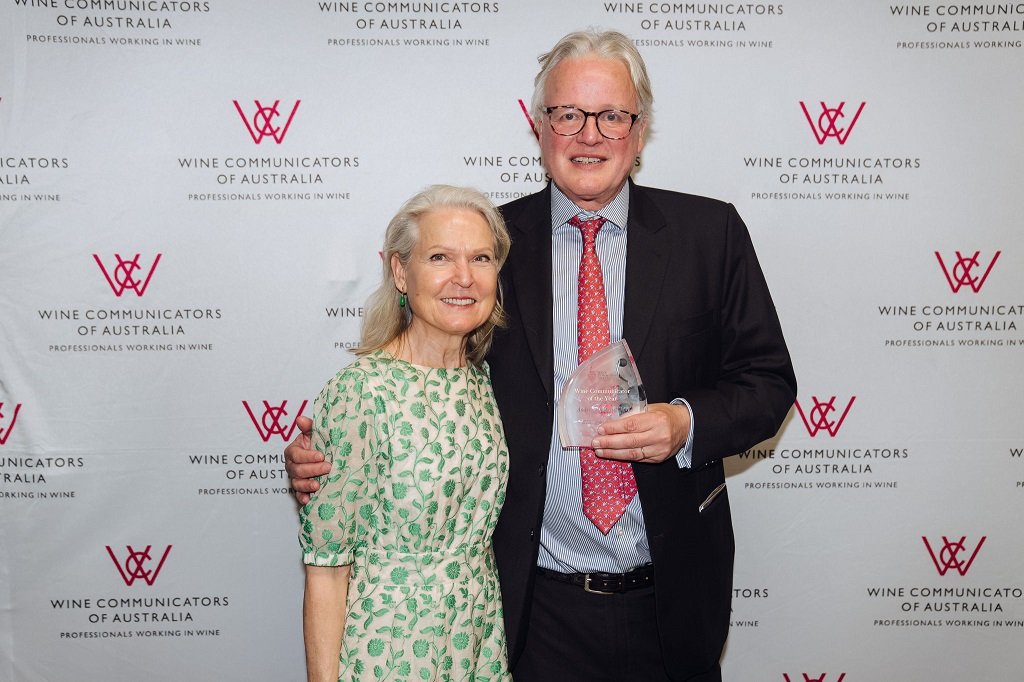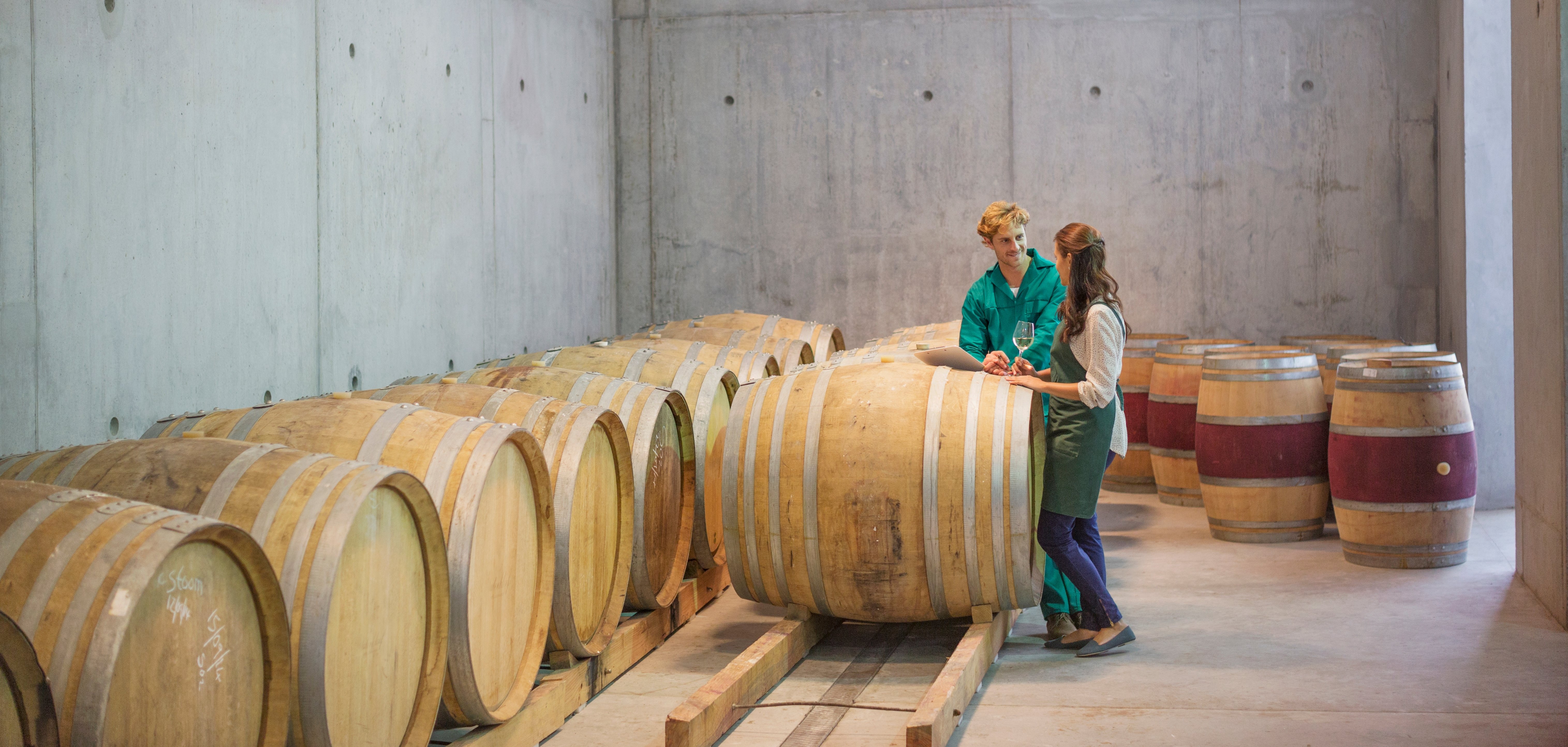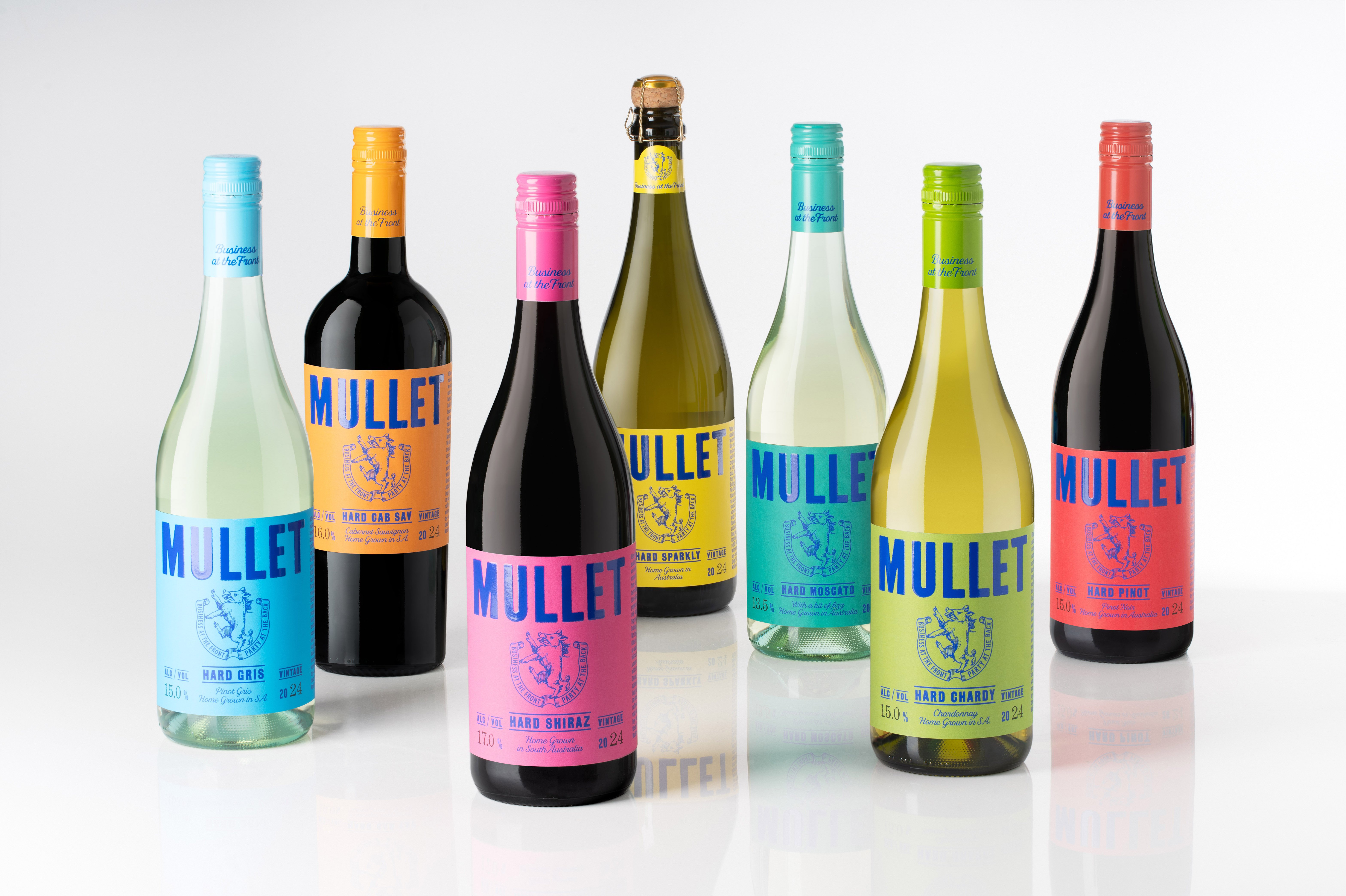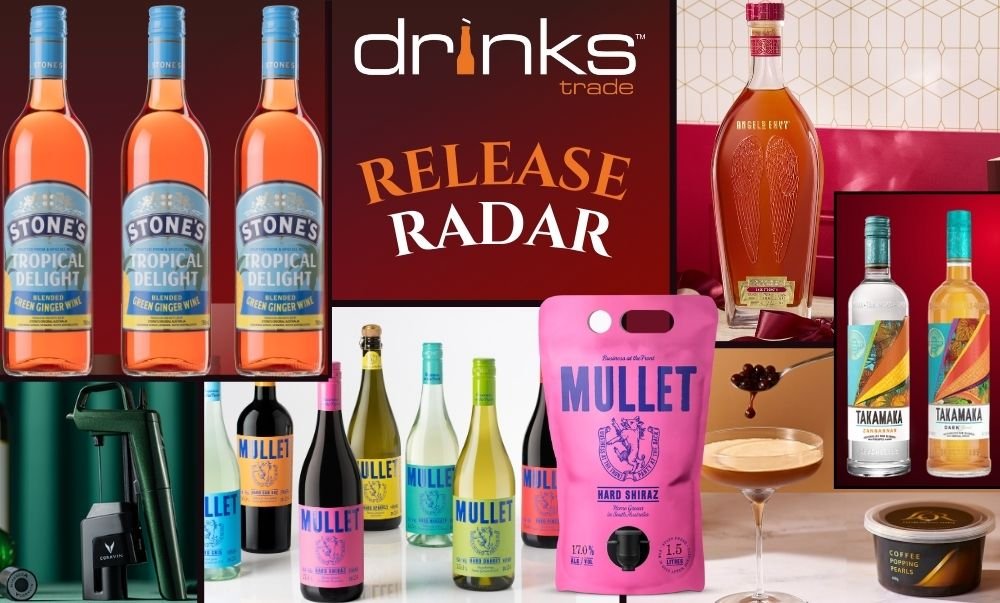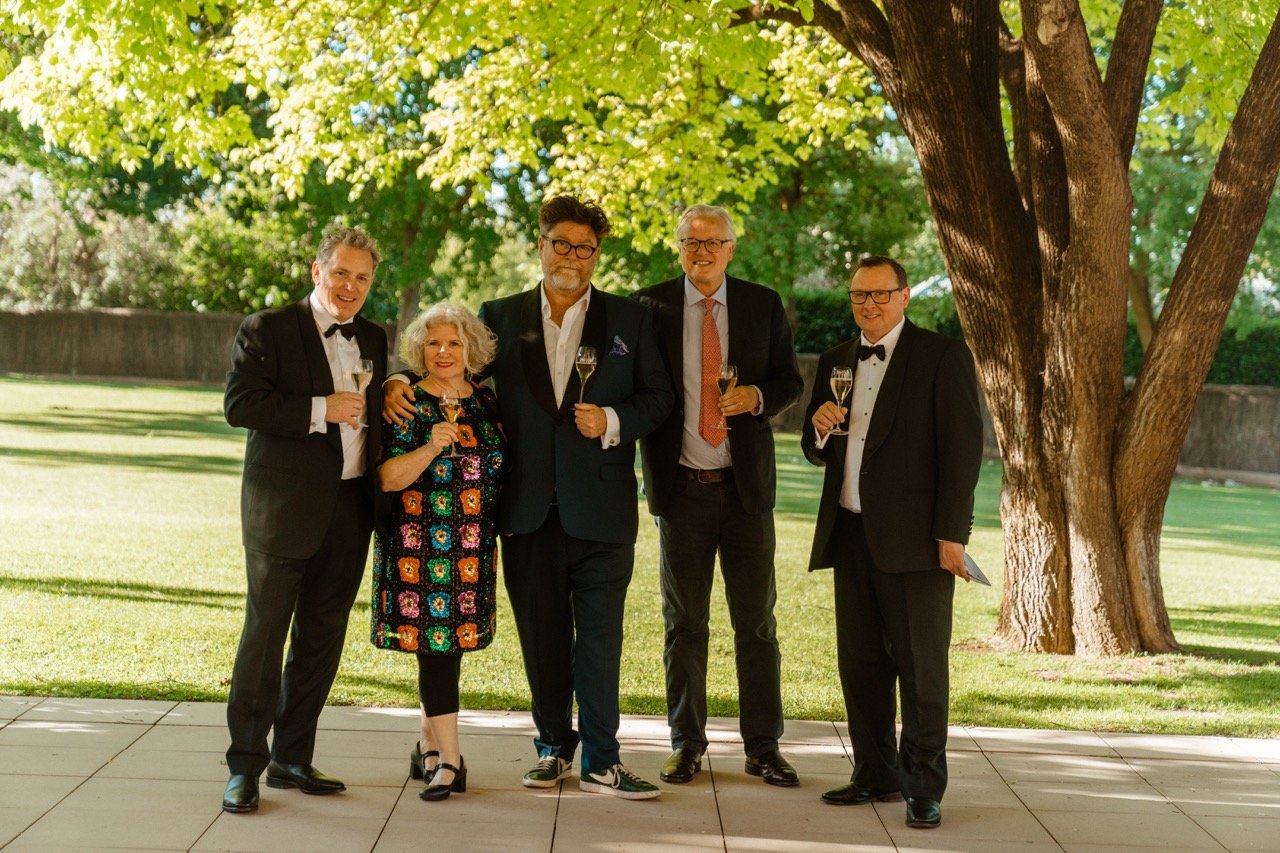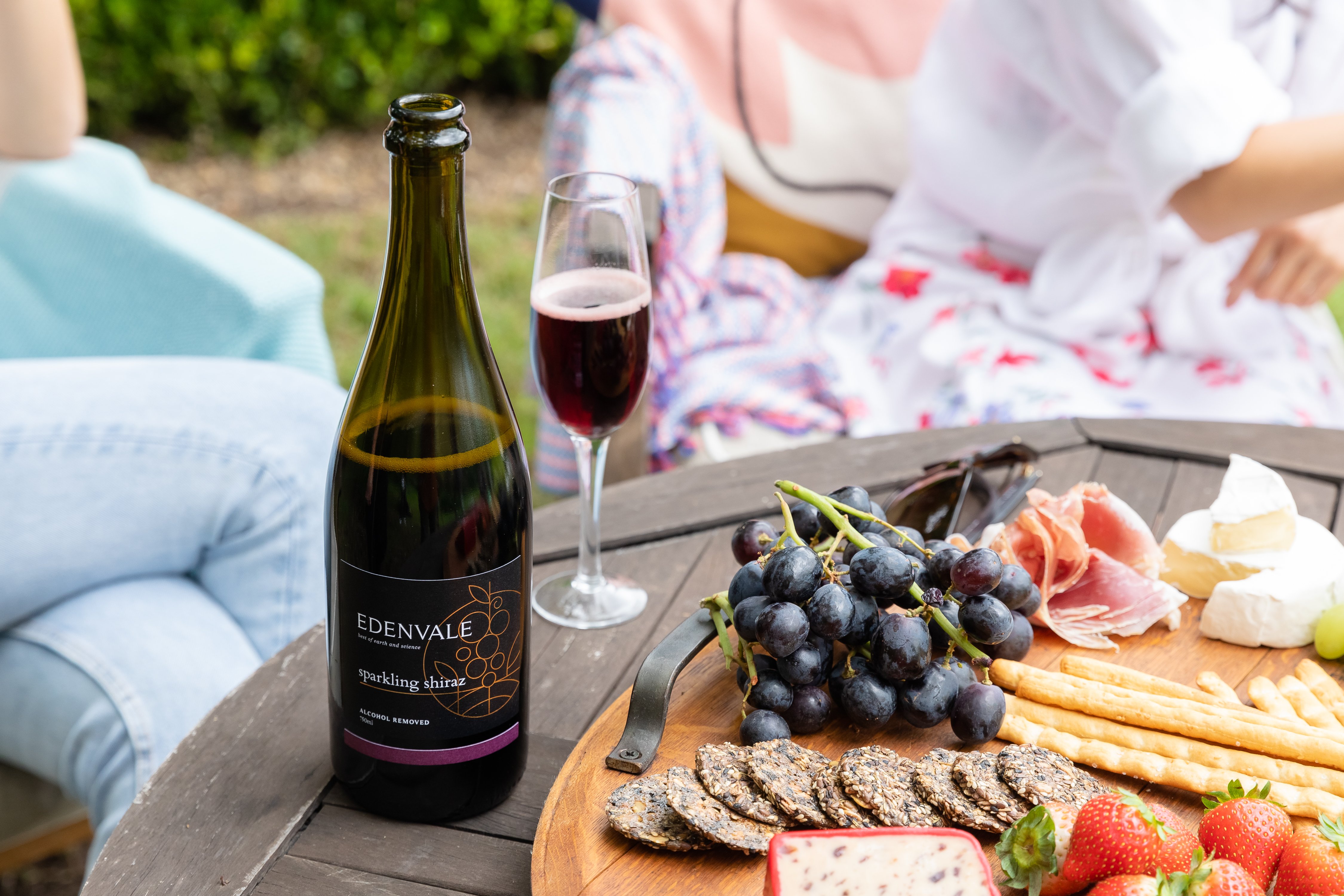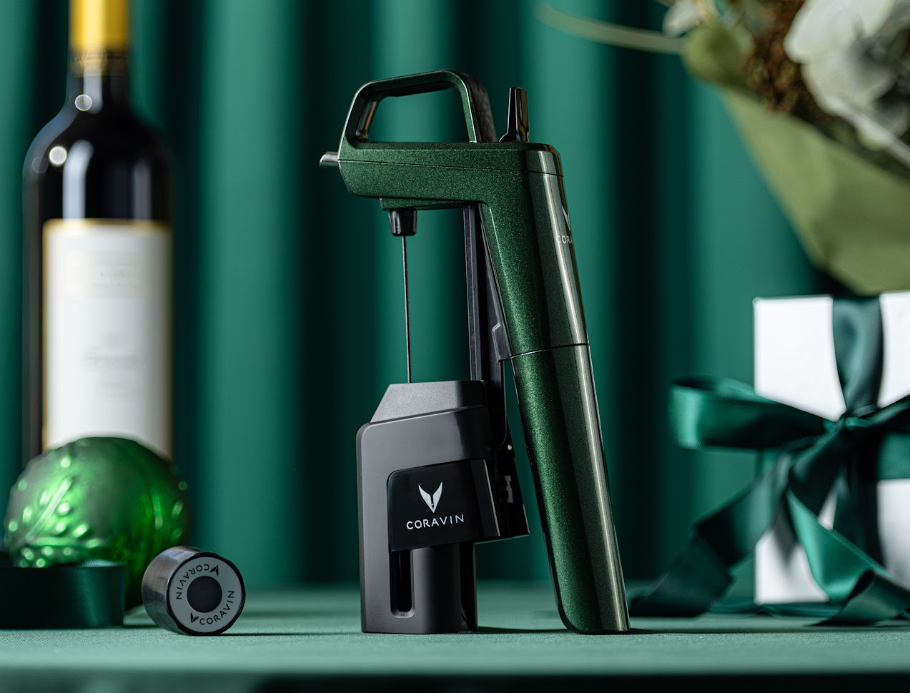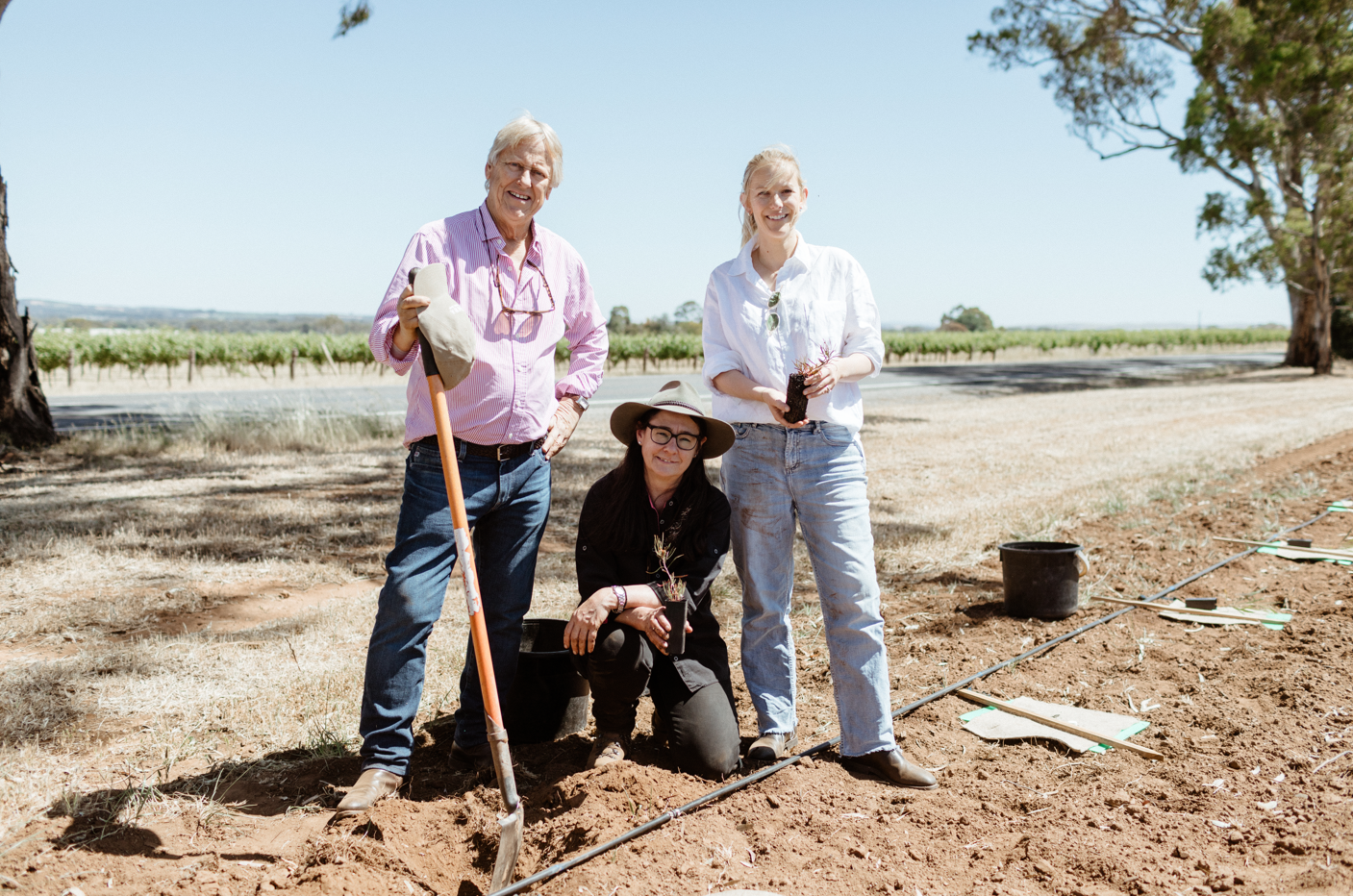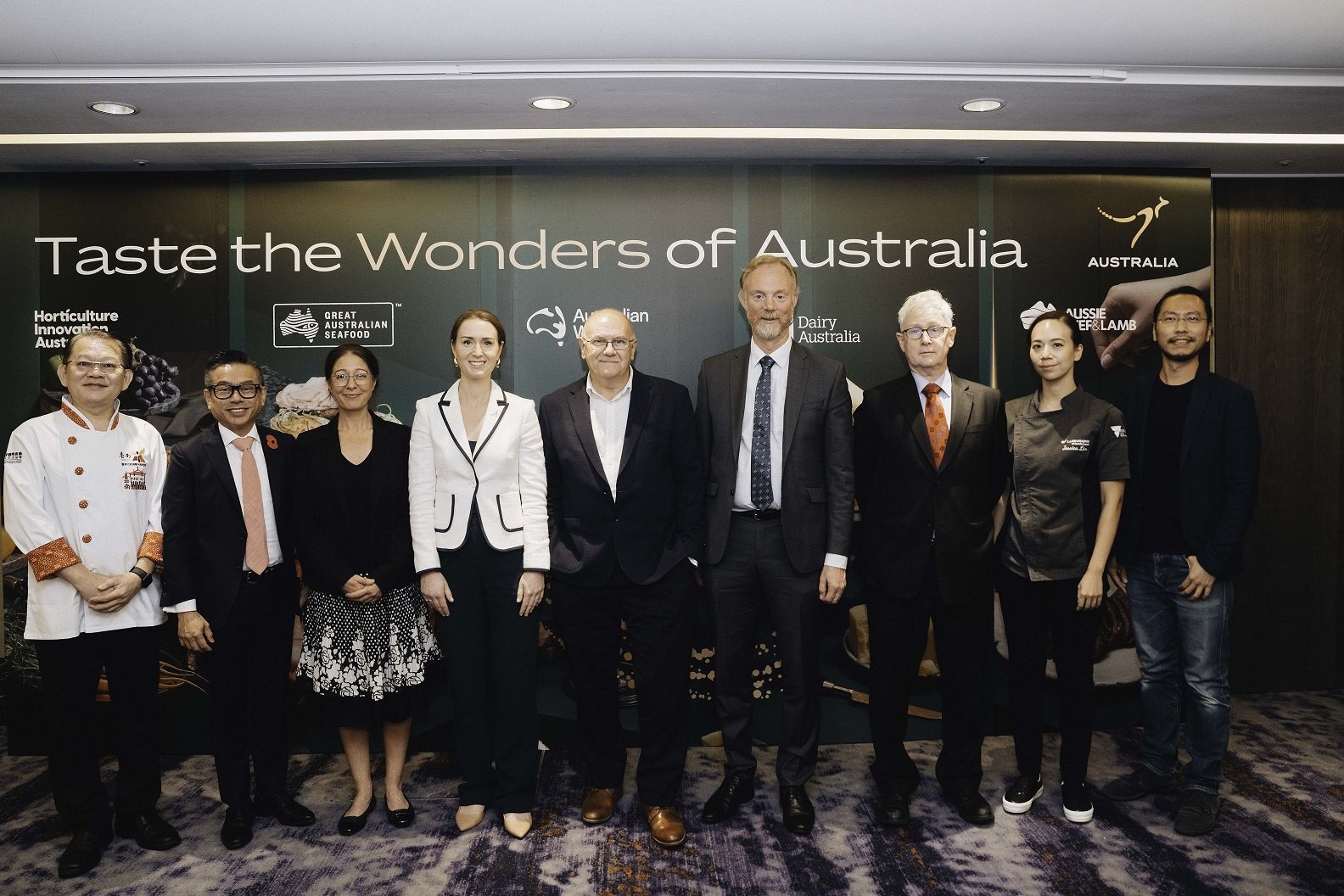Three major UK retailers are putting their money on smaller format wine bottles being the future of wine.
Waitrose was the first supermarket to give it a whirl, adding a collection of half bottles to its range last October, including a Rioja, white Burgundy and Argentine Malbec.
Now Tesco's and ALDI have both introduced 37.5cl and 50cl ranges in response to consumer demand.
Tesco’s Product Developer, Alexandra Runciman said: “We are currently seeing an increase in the number of shoppers wanting to enjoy a smaller amount of wine or a mid-week treat without having to purchase and potentially waste a full size bottle.
“Millennials in particular are generally more concerned about the quantity of alcohol that they drink and so we hope this new range will help them manage portion control.
“This new range of smaller wine bottles will also allow customers to cut down on waste by giving them the exact portions they want.”
The new range includes a New Zealand Sauvignon Blanc and a Rioja Reserva and will be available in up to 2000 Tesco stores across the country and online.
Aldi launched a range of 37.5cl wines last month that include a Romanian Pinot Noir and a Chilean Malbec.
Accolade's UK Wine Report champions smaller serves

Accolade Wines released a 2018 UK Wine Report last month that noted: "The downturn in consumption is reflected in the fact that more than a fifth of UK adults drink 250ml or less of wine per occasion. That makes the standard 75cl bottle impractical for the most popular wine drinking occasion, the drink at the end of the day."
Responding to that demand, Accolade has released a 50cl range that includes Kumala Reserve Chenin Blanc and Shiraz, Hardys 556, William Hardy, Langhorne Creek Shiraz and Chardonnay and Mud House Sauvignon Blanc. The smaller bottles, which hold enough wine for two large glasses, are the same height as 75cl bottles, but have a more slender profile.
"Alcohol consumption is going down, with drinkers wanting to maintain control over their alcohol intake," said Accolade's insights director, Andrew Nunney. "They don't want to drink a 75cl bottle between them but feel the wine will be wasted if they leave some in the bottle. The opportunity, therefore, is to offer wine in 50cl bottles."
As well as satisfying the need for moderation without wastage, the lower price point encourages consumers to trial and trade up to better quality wines when they want to treat themselves.
Australians also embracing new formats
Accolade's report findings dovetail with a new report by Wine Intelligence that found young consumers in Australia are more comfortable buying wine in alternative size formats compared to their older peers.
'Wine Packaging Formats and Closures in the Australian Market 2018', shows that younger consumers under the age of 35 in the country are more likely than older consumers to buy wine in alternative formats, specifically large 1.5L bottles or smaller half-bottle formats; although their first preference remains standard-sized wine bottles in common with the market as a whole.
This trend can be seen in data on purchase, conversion and affinity, revealing that younger Australian wine drinkers not only have more openness towards and awareness of packaging formats beyond the standard 750ml bottle, but they actively purchase it as well. In Australia, 1.5L bottles are an important packaging format for party gifting and rosé, particularly premium rosé, while smaller formats are important in the sparkling wine category.
According to the report, the 750ml glass bottle remains the pack format of choice among regular wine drinkers, with over 80% having purchased their wine in this format in the last three months.
Rodney Sammut, Country Manager for Australia and New Zealand commented: “There are definitely continued packaging innovation opportunities available within the Australian market place. As an industry we should be actively exploring more of these options, especially as we continue to feel the impact of some of the more significant changing consumer dynamics. As with all change, some consumers may show initial resistance to the offer, but if our screwcap experience has taught us anything, it is that these perceptions can be changed and both we, and more importantly, our customers will benefit.”
Share the content
